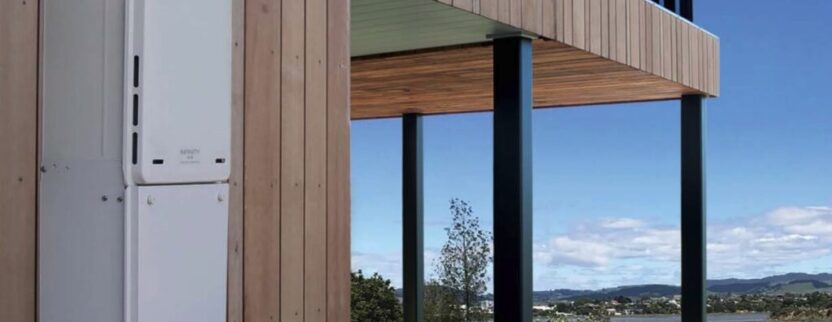Everything You Need to Know About Outdoor Hot Water Cylinders for Kiwi Homes

Table of Contents
Many New Zealand homeowners of late are choosing outdoor hot water cylinders as a fast means of creating more space inside the house, making the system safer, and enhancing its performance in general. Given New Zealand’s updated building regulations and the trend towards smaller house designs, moving your hot water system outside can be a clever and effective way to upgrade.
Why More NZ Homes Are Moving Their Cylinder Outdoors
Space is probably the biggest advantage of an outdoor cylinder. A domestic hot water cylinder is often a great space consumer in a kitchen cupboard or a laundry room of a house. If the cylinder is installed outside, it will free up storage space or space for other appliances and give more flexibility in the apartment layout.
Additionally, an outdoor hot water cylinder will provide better air circulation and will be more accessible for any servicing, repair, or maintenance works.
Built to Withstand New Zealand Weather Conditions
Modern outdoor cylinders are engineered to handle NZ’s wide range of conditions:
- UV-resistant outer casing
- Rust-resistant materials
- Weatherproof electrical components
- Advanced insulation to maintain heat even in colder climates
This means long-lasting performance and durability, even in areas with heavy rainfall or coastal exposure.

Ideal for Mains Pressure Systems
Most outdoor cylinders are designed specifically for mains pressure, giving your household:
- Stronger showers
- Faster tap response
- Better compatibility with modern plumbing fixtures
If you’re upgrading from low pressure, moving to an outdoor mains pressure cylinder can be a highly efficient two-in-one improvement.
Keeping Your Home Safer and More Energy Efficient
Outdoor installations offer several safety and efficiency benefits:
- No risk of indoor leaks damaging carpets or flooring
- Improved ventilation around the cylinder
- Easier access for regular service checks
- Reduced indoor noise and heat
You also free up indoor space without compromising on water flow or heating performance.
Best Homes for Outdoor Cylinders
Outdoor cylinders are ideal for:
- New builds with limited indoor cupboard space
- Homes undergoing renovation
- Properties upgrading to mains pressure
- Households wanting safer and cleaner indoor environments
For older homes, electricians and plumbers can easily adapt existing connections to support a new outdoor setup.

Final Thoughts
Outdoor hot water cylinders are a versatile, energy-efficient, and space-saving solution for the homes of Kiwis. Thanks to better tech and longer-lasting materials, they are a great investment for the future.
Why Choose The Cylinder Guys
The Cylinder Guys are the best people to call when you need a new or an upgraded outdoor hot water system. We provide expert advice, top-notch products, and installation services by fully certified professionals — all accompanied by a quick and friendly approach.
Get it touch with us if you want to find out if an outdoor cylinder would work for your home.
If you are looking for dependable hot water solutions, The Cylinder Guys are the experts you can trust in New Zealand.